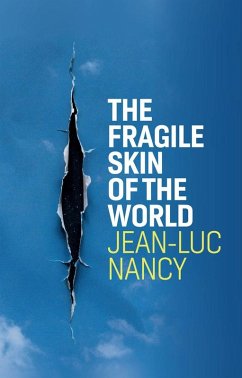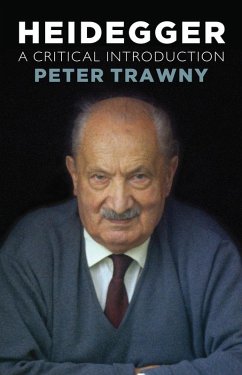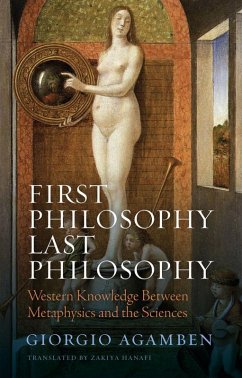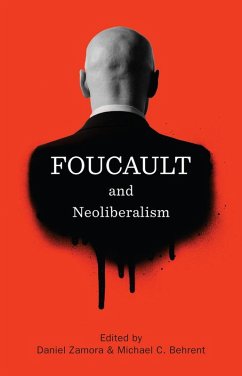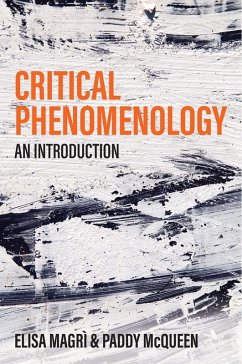
Moral Progress in Dark Times (eBook, ePUB)
Universal Values for the 21st Century
Übersetzer: Hoban, Wieland
Versandkostenfrei!
Sofort per Download lieferbar
21,99 €
inkl. MwSt.
Weitere Ausgaben:

PAYBACK Punkte
0 °P sammeln!
The challenges we face today are unprecedented, from the existential crisis of climate change to the global security threats posed by aggression in Ukraine and elsewhere. Add to this the crisis of liberal democracy and we seem to be swirling in a state of moral disarray, unsure whether there are any principles to which we can appeal today that would be anything other than particularistic.In contrast to this view, Markus Gabriel puts forward the bold argument that there are guiding moral principles for human behaviour. These guiding principles extend across cultures; they are universally valid ...
The challenges we face today are unprecedented, from the existential crisis of climate change to the global security threats posed by aggression in Ukraine and elsewhere. Add to this the crisis of liberal democracy and we seem to be swirling in a state of moral disarray, unsure whether there are any principles to which we can appeal today that would be anything other than particularistic.
In contrast to this view, Markus Gabriel puts forward the bold argument that there are guiding moral principles for human behaviour. These guiding principles extend across cultures; they are universally valid and form the source of universal values in the twenty-first century. In developing what he calls a 'New Moral Realism', Gabriel breathes fresh life into the idea that humanity's task on our planet is to enable moral progress through cooperation. It is only by achieving moral progress in a way that incorporates universal values - and thus embraces all of humanity - that we can avoid the abyss into which we will otherwise slide.
Written with verve, wit and imagination, Gabriel's call for a new enlightenment is a welcome antidote to the value relativism and nihilism of our times, and it lays out a moral framework within which we can work together - as surely we must - to deal with the great challenges we now face.
In contrast to this view, Markus Gabriel puts forward the bold argument that there are guiding moral principles for human behaviour. These guiding principles extend across cultures; they are universally valid and form the source of universal values in the twenty-first century. In developing what he calls a 'New Moral Realism', Gabriel breathes fresh life into the idea that humanity's task on our planet is to enable moral progress through cooperation. It is only by achieving moral progress in a way that incorporates universal values - and thus embraces all of humanity - that we can avoid the abyss into which we will otherwise slide.
Written with verve, wit and imagination, Gabriel's call for a new enlightenment is a welcome antidote to the value relativism and nihilism of our times, and it lays out a moral framework within which we can work together - as surely we must - to deal with the great challenges we now face.
Dieser Download kann aus rechtlichen Gründen nur mit Rechnungsadresse in D ausgeliefert werden.





